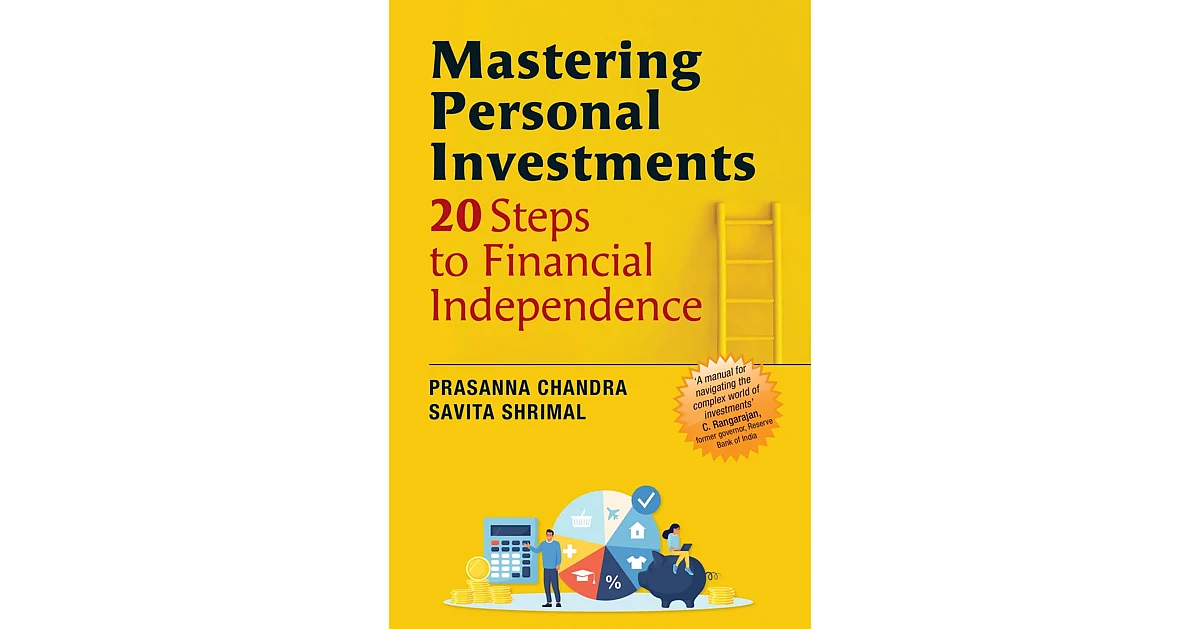Science
Women Take Charge of Finance: Trends Transforming Wealth Management

Recent research highlights a significant shift in how women engage with finance, demonstrating their unique strengths in managing wealth. In particular, studies reveal that the structural differences in male and female brains offer women advantages in financial decision-making. According to neuroscientific findings, women possess a larger corpus callosum, the tissue that connects the right and left hemispheres of the brain. This anatomical feature enhances their ability to link emotions and logic, which proves essential when navigating complex financial landscapes.
Women tend to approach financial decisions with a holistic mindset, prioritizing long-term stability over short-term gains. While men often view wealth as a symbol of status or power, women see it as a means of security. This perspective influences their investment strategies, leading many to focus on future planning, particularly regarding retirement and education.
Understanding Women’s Financial Behaviors
Research indicates that women are not inherently ‘risk-averse’, but rather ‘risk-aware’, approaching financial decisions with caution. They prefer to understand the implications of their choices thoroughly before committing, making them less susceptible to the emotional highs and lows of the market. This careful deliberation results in well-structured financial strategies that often prioritize stability.
Today, more women are taking control of their financial futures, engaging in investments, entrepreneurship, and personal financial planning. The following trends illustrate this growing empowerment.
A notable development is the increasing presence of women as investors. In India, women now account for 22% of stock market investors and 28% of mutual fund investors. These women tend to remain committed to their investments, with approximately 71% staying invested for over five years. Their financial decisions are frequently driven by long-term goals, such as securing a comfortable retirement or funding their children’s education.
Empowerment Through Financial Independence
Financial independence has become a critical factor in empowering women. It allows them to make informed decisions without relying on others, which in turn encourages them to negotiate salaries and advocate for equal pay. This shift not only benefits the individual but also serves as an inspiration for younger generations, promoting financial literacy and empowerment.
Government initiatives play an essential role in furthering this movement. Programs like Pradhan Mantri Jan Dhan Yojana and Stand-Up India aim to enhance financial inclusion among women. Furthermore, advancements in mobile banking, such as the Unified Payments Interface (UPI), have enabled women to manage their finances more independently. In fact, women account for over 30% of UPI transactions in India.
Women are also increasingly turning to entrepreneurship, launching businesses across various sectors, including technology, fashion, and e-commerce. A recent study found that 70% of women entrepreneurs are motivated by self-aspiration rather than financial necessity. Government schemes such as the Mahila Vikas Nidhi, Mudra Yojana, and Udyogini Scheme provide crucial support to women-led businesses, facilitating their growth and sustainability.
As women continue to build wealth and make informed financial decisions, the gender wealth gap is gradually closing. With improved access to education, financial tools, and entrepreneurial opportunities, women are creating pathways to financial security and independence. This transformation not only empowers women but also contributes to a more equitable society.
Supporting women in finance is an investment in a future where financial independence is accessible to all, regardless of gender. As more women navigate the complexities of financial management, the impact on families and communities will be profound, fostering a culture of resilience and empowerment.
Dr. Prasanna Chandra is the Director of the Centre for Financial Management in Bengaluru, while Savita Shrimal is a qualified Certified Financial Planner and Chartered Wealth Manager with an MSc in Applied Finance. Together, they have co-authored “Mastering Personal Investments,” recently published by Bloomsbury.
-

 World5 months ago
World5 months agoSBI Announces QIP Floor Price at ₹811.05 Per Share
-

 Lifestyle5 months ago
Lifestyle5 months agoCept Unveils ₹3.1 Crore Urban Mobility Plan for Sustainable Growth
-

 Science4 months ago
Science4 months agoNew Blood Group Discovered in South Indian Woman at Rotary Centre
-

 World5 months ago
World5 months agoTorrential Rains Cause Flash Flooding in New York and New Jersey
-

 Top Stories5 months ago
Top Stories5 months agoKonkani Cultural Organisation to Host Pearl Jubilee in Abu Dhabi
-

 Sports4 months ago
Sports4 months agoBroad Advocates for Bowling Change Ahead of Final Test Against India
-

 Science5 months ago
Science5 months agoNothing Headphone 1 Review: A Bold Contender in Audio Design
-

 Top Stories5 months ago
Top Stories5 months agoAir India Crash Investigation Highlights Boeing Fuel Switch Concerns
-

 Business5 months ago
Business5 months agoIndian Stock Market Rebounds: Sensex and Nifty Rise After Four-Day Decline
-

 Sports4 months ago
Sports4 months agoCristian Totti Retires at 19: Pressure of Fame Takes Toll
-

 Politics5 months ago
Politics5 months agoAbandoned Doberman Finds New Home After Journey to Prague
-

 Top Stories5 months ago
Top Stories5 months agoPatna Bank Manager Abhishek Varun Found Dead in Well









